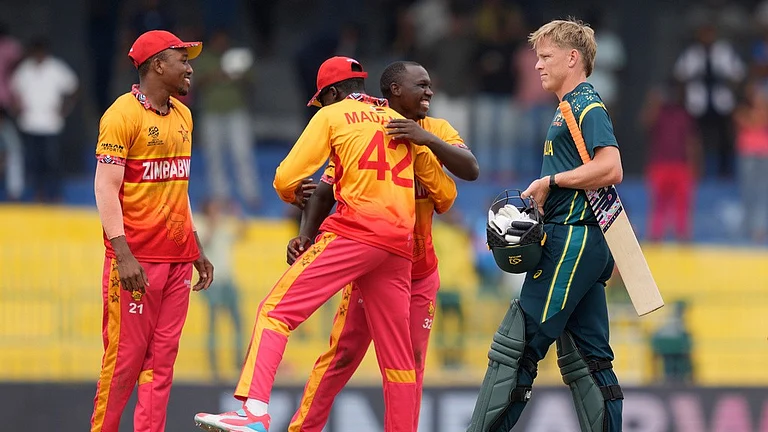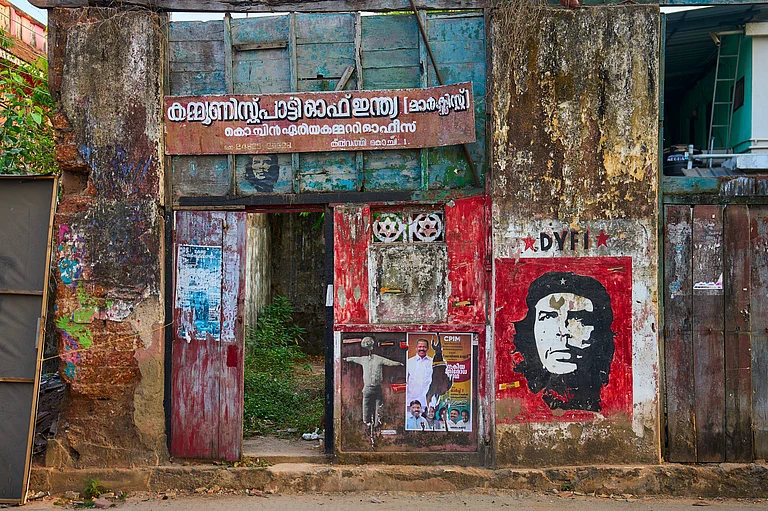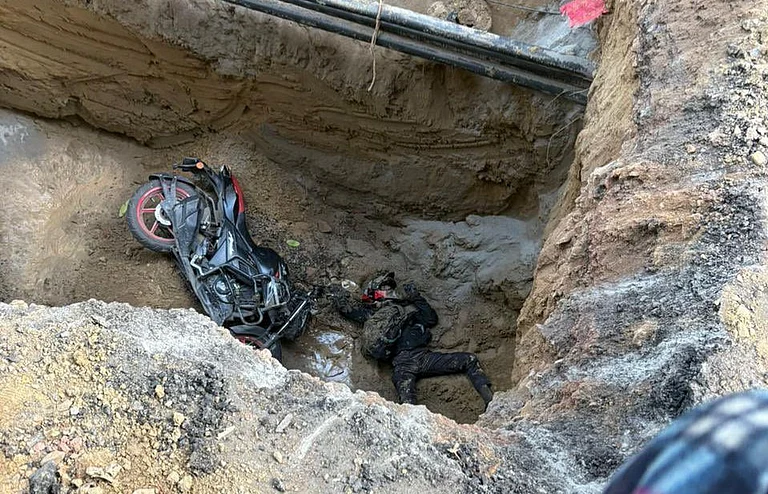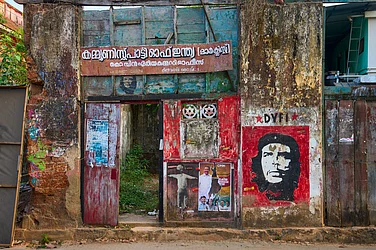Marking the completion of nine months of agitation against the three farm legislation passed last year in parliament, over 1000 farmer leaders representing around 500 groups from across the country will be holding a day-long convention at the Singhu border of Delhi to plan the next course of action with the central government showing no signs of relenting on its stance.
Though there have been reports that the farmer groups have not been cooperating to break the stalemate, farmer leaders deny that any offers to resume talks have been extended to them.
“The government has shown no willingness to discuss the issues raised by farmers, particularly the need for ensuring remunerative prices for farm produce. The just-concluded Parliament session had no focus on farmers’ problems, though protests were being staged in Delhi. The prime minister, however, did make a show of his concern for small farmers in his speech on Independence Day,” says Hannan Mollah, a leader of the All Indian Kisan Sabha.
Stressing that though farmers were not participating in large numbers during various protests being staged across the country from time to time, there is no let-up in their stance to ensure better farm incomes through the demand for making MSP mandatory and amendments in the three farm legislations.
Clarifying reports that farmers are getting better prices for their produce, farmer leaders’ state that barring a few crops like mustard and cotton, in the case of most crops, farmers have not even managed to get government suggested minimum support price. “Farmers are still not in a position to survive in a free or open market scenario. It is only when the government agencies do the procurement or if the market dynamics favour a certain crop that farmers stand to benefit,” states Ashutosh Mishra, spokesperson of Jai Kisan Andolan.
Farmers clarified that though in some cases cotton had sold for higher than MSP, the market price was still at least 15-20 per cent lower than the desired price as per the formula of production cost plus 50 per cent.
Many of the farmers’ issues continue to be discussed at well-attended Mahapanchayat being held across the country. Unlike the protests staged on the outskirts of the national capital, the village level events are continuing to draw good support, assure farmer leaders.
One of the major events next on the protest calendar is a rally being organized at Muzaffarnagar in western Uttar Pradesh on September 5. The objective of this rally to create greater political awareness about how farmers are being impacted by government policies.
“Farmers are realizing that only an impact on election outcome could swing the political tide in their favour. We are hoping to build political pressure by gathering support to impact the outcome in the next UP state elections,” says Mishra.
Mollah clarifies that while a change in political leadership is being sought, no “partisan politics or high-pressure tactics are being used as farmers’ issues remain our only concern”.





















.jpg?w=200&auto=format%2Ccompress&fit=max)




